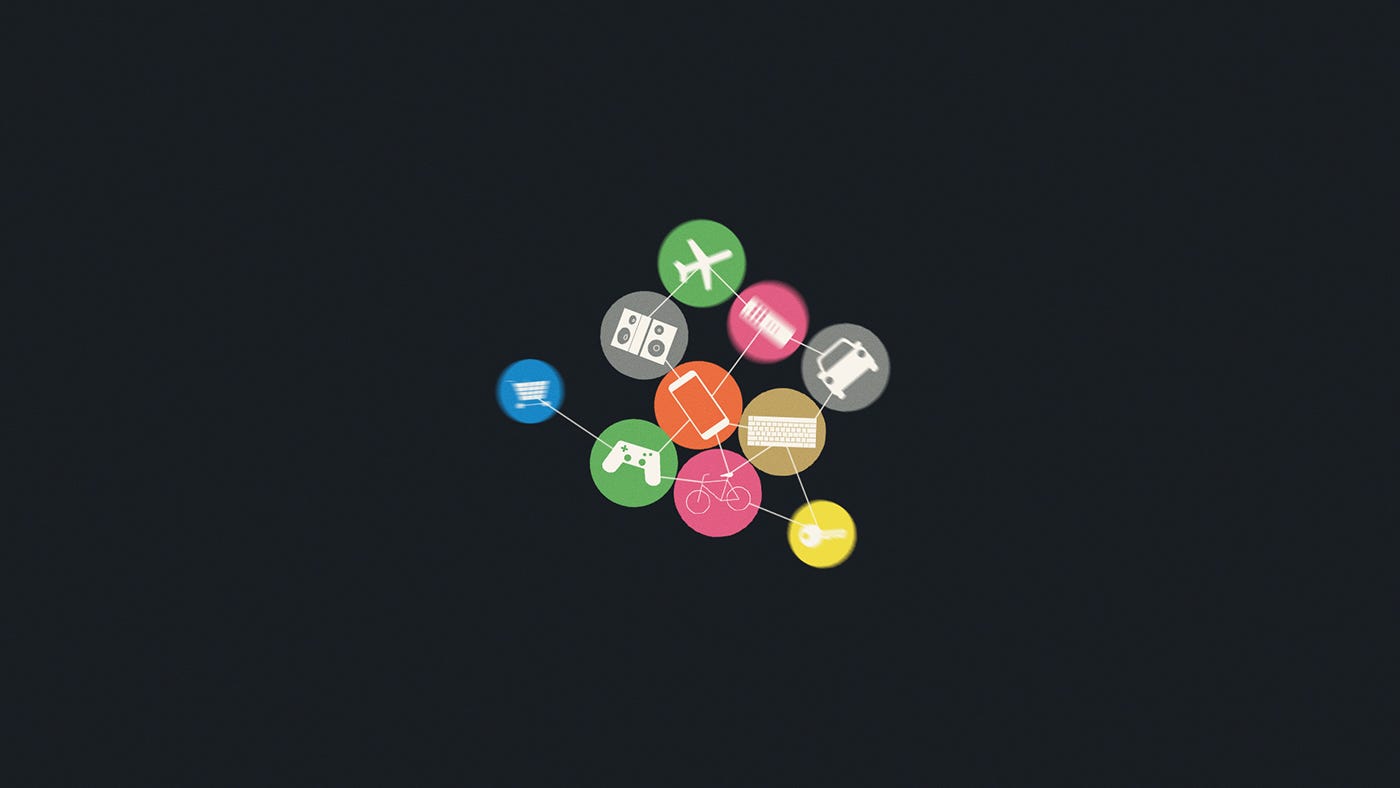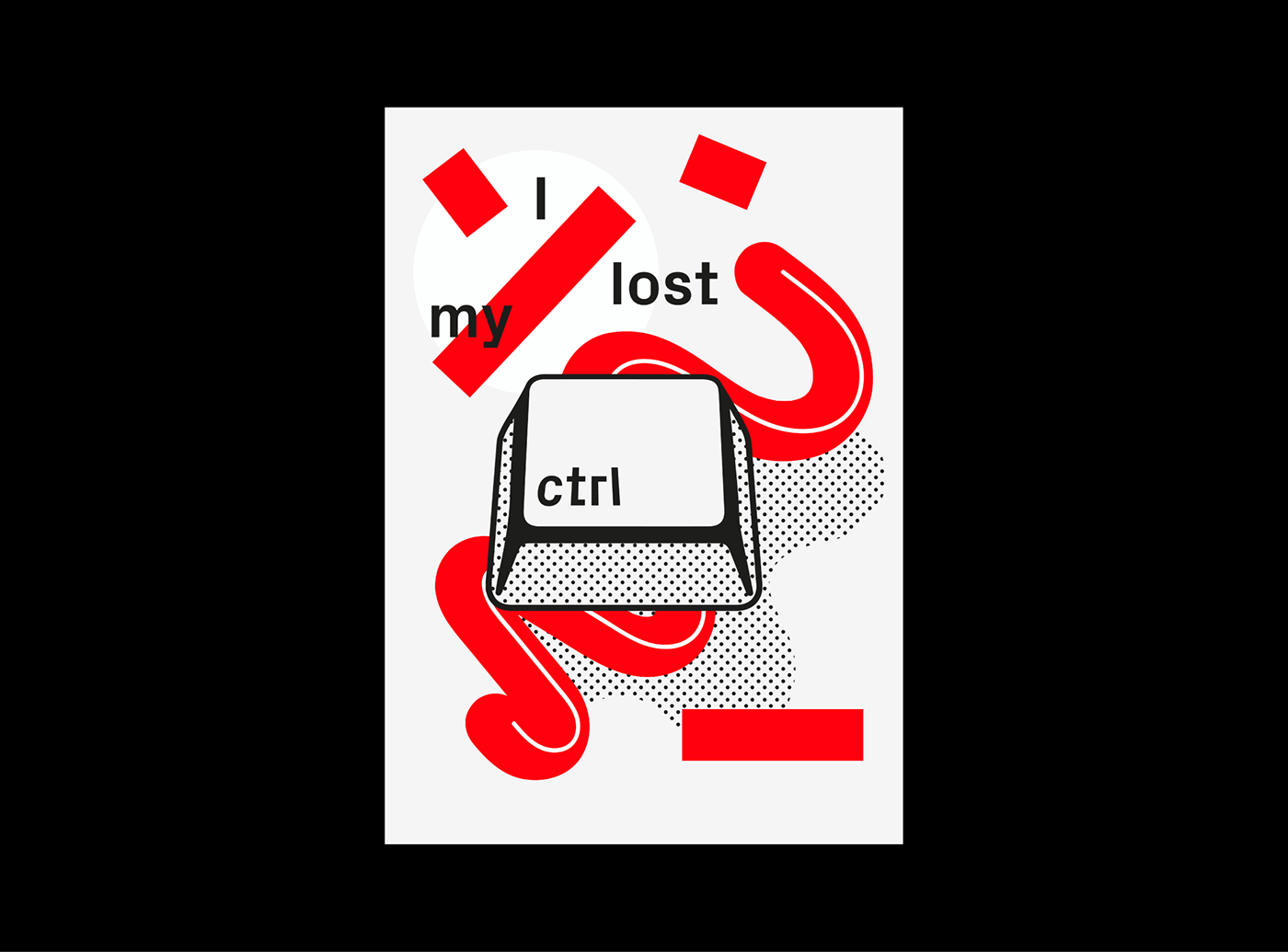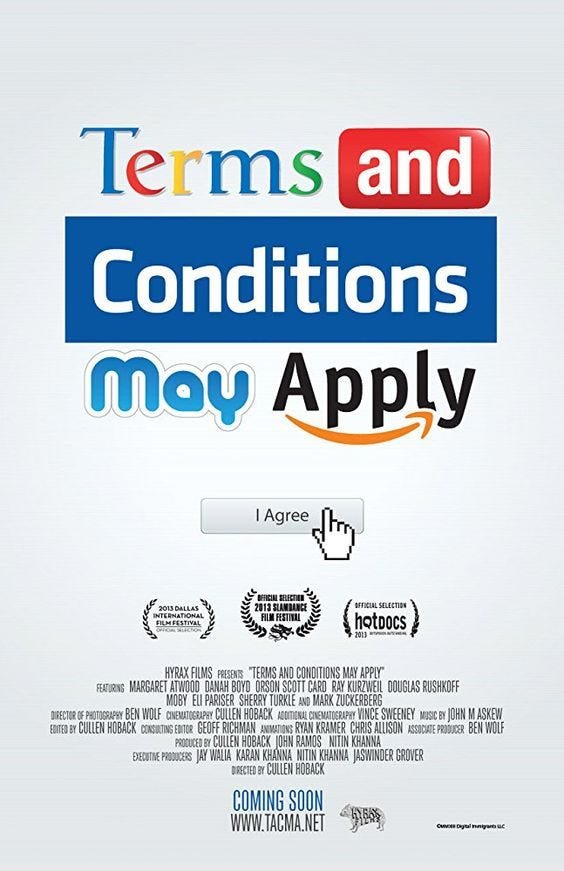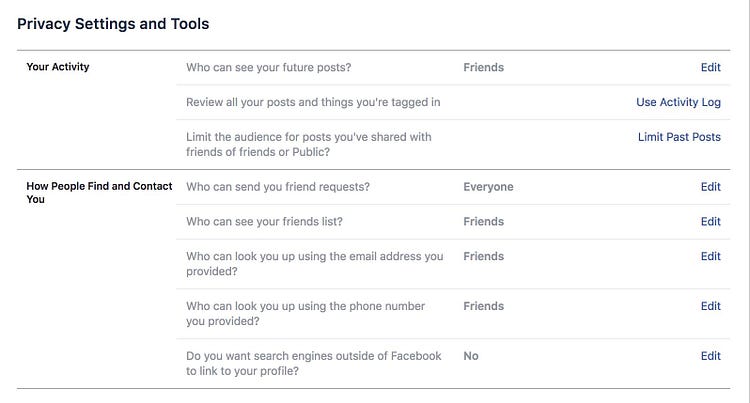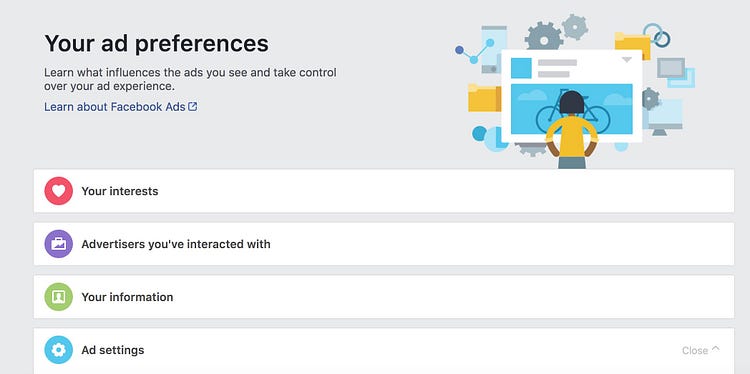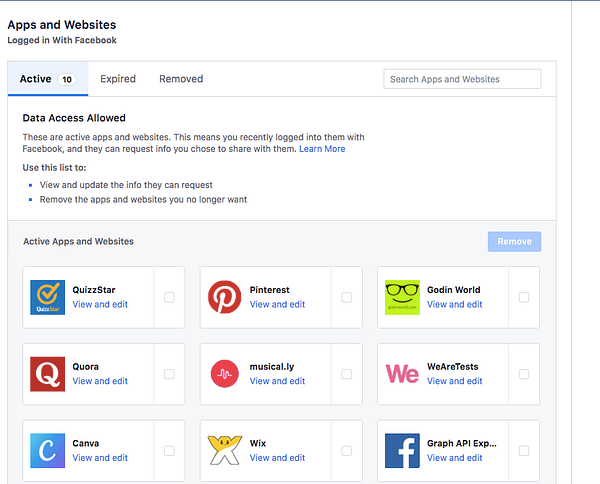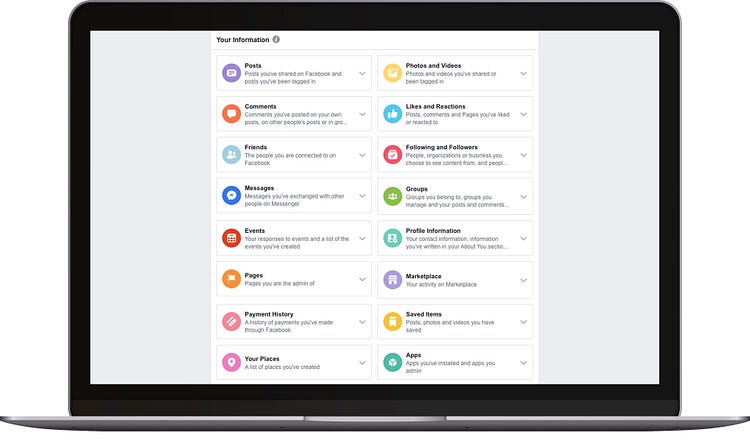Your Google Activity Should Be Nobody’s Business. Literally. There are businesses taking place in the search bar and far beyond, not only pay per click systems but extensive data collection of all your Google activity, is at the basis of high profiling well.. you, with a big emphasis on your shopping preferences or political affiliation.
Taking a privacy stance when it comes to using the internet is the new “drink responsibly”, so prior to feeling entitled to a private life while online, let’s just start with a clear mind in recognizing how much of what we put out there is actually in our power, slash hands, slash keyboards. And yet another important amendment before we get started, let’s also rise above the inclination of brand association, of trying to find a scape goat. Meaning that regardless if it’s Facebook, Google or big telecom names like say Verizon or Comcast, whichever the brand hype media is taking a stand towards, let’s just admit that privacy breaches and privacy concerns are virtually everywhere. High and low.
So, with realistic expectations of what the online environment means today from two main perspectives as informational medium and marketing tool, we can manage to reach a clearer understanding of what to do in order to preserve privacy, while enjoying all of the perks the online world brings to the table.

Today we focus on Google activity and how you can disable it. Google knows a lot about our digital personas, as I would not go as deep into saying that Google knows us, since I remain loyal to the idea that our multifaceted lives and personalities can not be reduced to our digital footprint. And yet the thought of having a personal record with everything you’ve ever clicked on, every character you’ve ever typed in, it’s none the less disenchanting. Bare in mind though, that deleting or disabling such functionalities will not guarantee that your data is being deleted from Google’s servers altogether, but it will sure keep your browsing history from following you around. On the other hand don’t always think that companies like Google or Facebook have all the frivolous reasons to store your data. On many occasions this set of information is used for a better overall experience with the product a particular company is selling, wether is tangible or a service. On top of that, for users performing illegal activities while online, the data Google stores about them can prove very helpful in identifying suspicious or fraudulent activity and in this case, depending on the country’s jurisdiction, Google can be asked under a search warrant or subpoena to provide logs to authorities. This is something that Google admits openly in their annual Transparency Report.
Long story short, if you simply feel more comfortable having your google activity disabled and you’re not looking for any trouble while online, your browsing data should be safe from prying eyes once you get to manage the data Google stores on you.

I also find that deleting this data is a good step in preventing the engine in always feeding you what you previously searched for or viewed. That alone can be an enormous black hole you may find yourself into, especially in the case of Youtube, that you can also manage from your Google activity page.
For all the information stored by Google such as your location stored in maps, your contacts stored in calendars and apps, your voice stored in voice searches, your Youtube search and watch history, there’s a disable function you probably never heard about. Here’s a simple and safe guide on how to delete or disable unwanted functions in your Google activity page.
- Back up
If you’re feeling nostalgic you can download your data before deleting anything by going to Google Takeout here.
You will receive an email when the download is complete containing a link where you can download your data.

2. Google Activity
Here you can delete virtually all Google searches.

3. Stop or Pause Your Web and App Activity
After deleting searches you will want to get Google to stop or maybe pause your activity from being stored, you can do that in your Activity Controls Page, the Web and App section here.

For enhanced privacy, people are also turning to VPNs to reclaim or preserve online freedom and privacy and we strongly advice that you do the same.
No longer an exotic tool, VPNs are now entering the mainstream and given the context it’s easy to understand why.
Simply put, when you’re using a VPN, all your data travels through a tunnel encrypted from end to end. In other words, not even your ISP will be able make sense of your data, since you’ll have all your online data happen elsewhere, not going through your ISP servers and encrypted all the while.
But it’s not just Google or your ISP that keeps track of your browsing data, it’s your cell phone provider too, most apps, operating systems, and other services do the same.
Smartphones with preinstalled tracking software, secretly bundled with tracking files are sold everyday, while some companies try to leverage the very problem they created by charging extra for privacy.
Having a VPN in place is the smart approach to getting around all this. Think at a VPN as the middleman between you and the internet, where your ISP can only see a bunch of encrypted traffic. And since your VPN knows as much as your ISP would, it’s very important to choose a reliable one with a zero log policy and a strong encryption.
Services like MyIP.io will offer you a self-managed VPN network platform, delivering fast, secure and reliable VPN service , The platform caters to a wide demographic through three channeled directions:Personal,Dedicated and Business, so it makes for a wonderful choice for corporate or personal use at the same time.
Engineered as a global platform,MyIP.io is a VPN service provider committed to developing applications and services that preserve an open and secure Internet experience while respecting user privacy.


